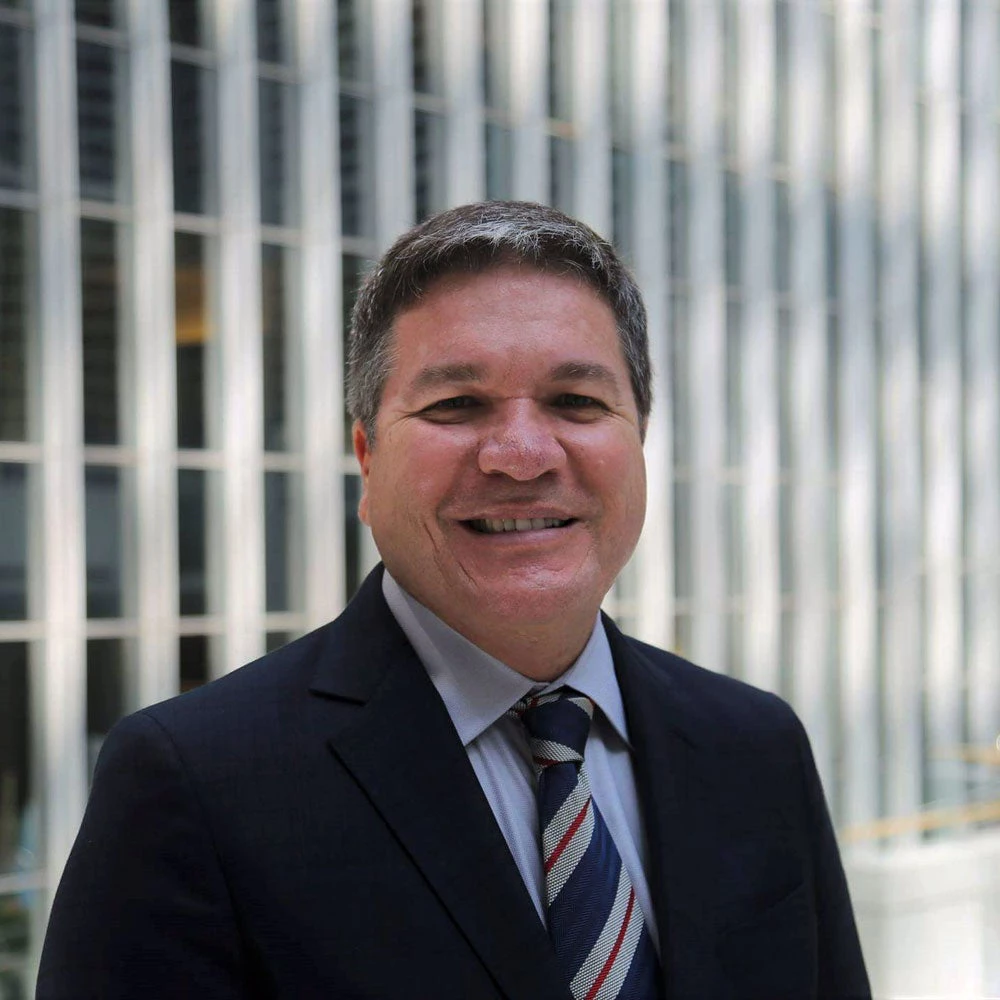 New classroom construction at Hombolo Bwawani primary school near Dodoma, Tanzania. (Photo: Arne Hoel/World Bank)
New classroom construction at Hombolo Bwawani primary school near Dodoma, Tanzania. (Photo: Arne Hoel/World Bank)
In 2005, more than 100 countries and international organizations committed to the Paris Declaration on Aid Effectiveness. The declaration established five core principles: ownership, alignment, harmonization, managing for results, and mutual accountability. These principles were meant to transform how donors and recipient countries collaborate to achieve impactful development outcomes. But nearly two decades later, challenges like aid fragmentation and circumvention of recipient governments’ budgets persist, especially in countries in fragile and conflict-affected situations (FCS).
Evolution of the Global Aid Landscape
The number of donors has increased significantly. This increase comprises traditional bilateral donors, as well as emerging economy donors, multilateral agencies, private foundations, and international non-governmental organizations (NGOs).
While this has brought more resources into the aid system, it has also introduced greater complexity, straining the administrative capacities of recipient countries. Ethiopia, for example, must coordinate aid from over 250 distinct donor agencies. This proliferation has fragmented aid flows, leading to an increase in the number of projects, but a decline in their financial size. Since 2000, the average size of a grant-funded activity has dropped by 50%.
At the same time, a growing share of official financial flows (OFF)– official development assistance in the form of grants, loans, and equity on concessional terms, along with non-concessional resource flows—circumvent recipient governments’ budgets . Over the past decade, the number of OFF activities managed by nongovernmental entities has surged by nearly 70%, while aid managed by recipient governments has remained stable. By 2022, nearly four out of five aid projects were handled by external actors, such as donor governments, multilateral organizations, donor country-based NGOs, or private entities.
The Impact of Circumvention and Fragmentation
Aid circumvention often undermines the country systems aid aims to strengthen. As donors increasingly bypass recipient governments and rely on external actors, opportunities for aid recipient governments to build administrative and governance capacities are reduced. This issue is particularly evident in sectors like health and education, where recipient governments manage only 16% of total transactions. Such reliance on nongovernmental channels can weaken state service delivery, create parallel structures, and erode accountability, ultimately hindering long-term capacity-building and locally led development efforts.
Aid fragmentation further compounds these problems. When multiple actors manage small, disconnected projects, recipient governments are burdened with higher transaction costs and the complexity of coordinating numerous donors with varying priorities. This strains their already limited capacities and can diminish aid effectiveness.
Consequences for Fragile and Conflict-Affected Countries
In fragile and conflict-affected countries, the stakes are particularly high. Aid circumvention can be especially harmful in this context, where institutions are weak, governance is fragile, and the need for aid is immense. When services are delivered outside national structures, a government’s relationship with its citizens may be diminished. This can erode public trust and accountability and weaken state legitimacy—the foundation that development aid seeks to strengthen in fragile countries.
Bypassing national systems can create a harmful cycle. Studies show that donors are more likely to bypass country systems where institutions are weak. Donors, therefore, face a dilemma: balancing the risks of using fragile country systems with the potential harm of bypassing them. However, this also presents an opportunity. Directing assistance through recipient countries' budgets, along with providing technical support to build capacity, can not only reduce aid circumvention, but also strengthen country systems, ultimately encouraging more donors to trust and use those systems.
Against this backdrop, the World Bank’s International Development Association (IDA) offers countries much-needed unfragmented and unearmarked resources. Over the past two decades, IDA, the World Bank’s fund for the poorest countries, has significantly increased its support to FCS countries, aligning closely with other donors to address complex challenges. Between 2010 and 2022, IDA funding to FCS countries rose from US$2.6 billion to US$15.2 billion. Today, 40% of IDA’s resources are directed to FCS countries, more than half of which are in grants.
Getting Back on Track to Paris
As we seek to replenish IDA, we have an opportunity to reaffirm the principles of the Paris Declaration by focusing on country ownership, alignment, and accountability. IDA’s country-driven model has demonstrated that donor alignment with national systems is both feasible and essential for building resilient institutions. This approach is crucial in fragile contexts, where country-driven solutions are key to long-term development and stability.
To reduce the circumvention of country systems in aid allocation, recipient governments must strengthen their institutions and financial management systems. Donors, in turn, should allocate more funding through government budgets, with the OECD DAC tracking these flows.
Strengthening local systems and channeling more OFF through multilateral organizations like IDA are key steps to achieving the aid effectiveness principles like country ownership and mutual accountability. By embracing these strategies, we can reduce aid fragmentation and circumvention of country systems, ensuring that aid is better aligned with recipient countries' needs. Now is the time to get back on track.


Join the Conversation